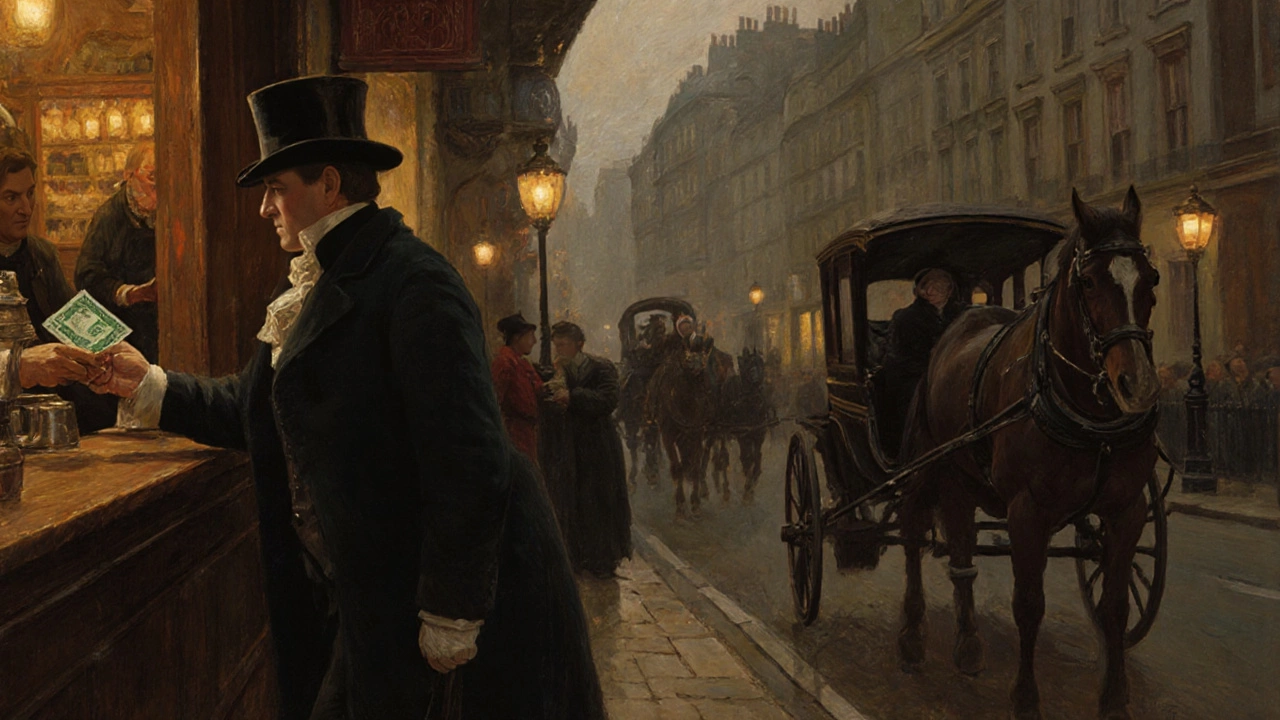Pony Slang Explained: Your Quick Guide to Equestrian Terms
Ever walked into a stable and heard words that sounded like a secret code? You’re not alone. Riders and grooms use a handful of slang that can make a newcomer feel out of place. The good news? It’s easy to pick up once you know what the key terms mean.
Common Pony Slang and What It Means
Girth – The strap that holds the saddle snug against the horse’s belly. Some people call it a "cinch" in the US, but the idea is the same: keep the saddle from slipping.
Tack – All the equipment you need for riding, from reins and bridle to saddle and bits. If someone says "Pack the tack," they mean bring everything you need to ride.
Colt – A young male horse under four years old. You’ll hear it used as a nickname for a quick‑moving pony, especially in race talks.
Turnout – The act of getting a horse ready for the show ring or a competition. It includes grooming, polishing hooves, and fitting the right tack.
Dressage – While not slang per se, the term is tossed around a lot in pony circles. It refers to a discipline where the horse performs precise, controlled movements.
Why the Slang Exists and How to Use It
Horse people have been chatting for centuries, and the language evolved to be fast, practical, and sometimes humorous. Short words save time when you’re in the barn and need to communicate quickly.
When you start using the slang, keep it natural. If a friend says, "Can you check the girth?", respond with, "Sure, I’ll tighten it a bit." Over‑using terms can sound forced, so sprinkle them in where they fit.
Also, remember regional differences. In the UK you’ll hear "saddle pad" more often, while Aussies might say "saddle blanket". Learning these nuances can help you blend in wherever you ride.
One tip that works everywhere: ask if you’re unsure. Most riders love sharing knowledge and will happily explain why they call a particular piece of equipment a "noseband" or a "bridoon".
Finally, keep a small notebook or phone note with the slang you encounter. A quick glance before a lesson or competition can boost your confidence and show you’re paying attention.
So, next time you hear a rider shout, "Mind the stirrups!", you’ll know they’re warning you about the metal loops your feet sit in. With these basics under your belt, you’ll start sounding like a seasoned stable hand in no time.
Ready to try it out? Walk into your local tack shop, pick a term, and use it in conversation. You’ll be surprised how quickly it feels natural. Happy riding, and enjoy the lingo that makes the pony world so unique!

Why Is 25 Pounds Called a Pony? Uncovering the British Slang Origin
Discover why a £25 note is called a "pony"-the history, wartime roots, and modern usage of this classic British slang term.
Categories
- Storage (30)
- Bathroom (21)
- Sofas (20)
- Curtains (15)
- Home Decor (12)
- Cushions (12)
- Mirrors (12)
- Bedding (11)
- Kitchenware (11)
- Rugs (10)
Popular Articles



